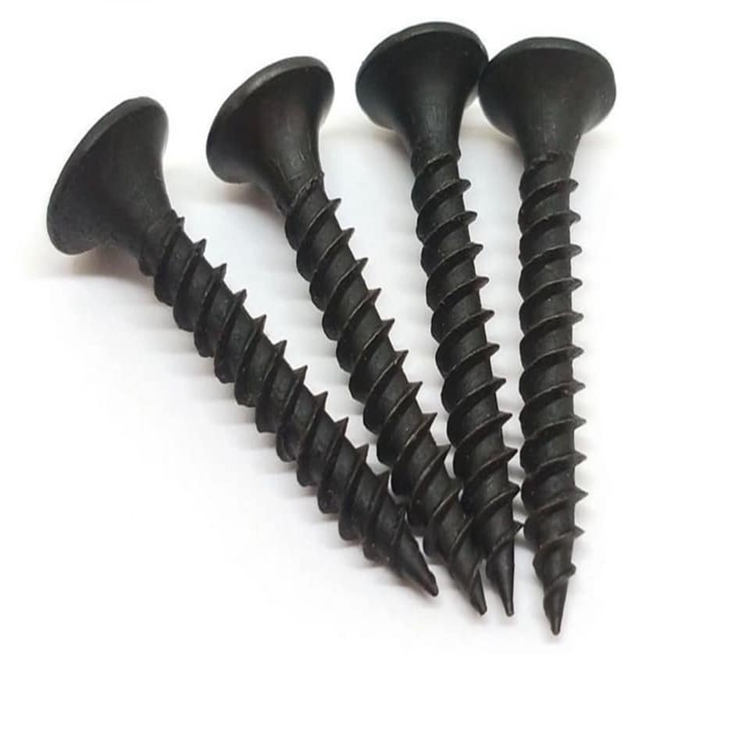M14 Stud Bolt Production Facility Overview and Quality Assurance Processes
Nov . 10, 2024 17:51 Back to list
M14 Stud Bolt Production Facility Overview and Quality Assurance Processes
Understanding M14 20 Stud Bolt Factories An Insight into Manufacturing and Applications
M14 20 stud bolts are essential components in various industrial applications due to their high strength and versatility. Their design allows for robust connections in machinery, automotive, and construction applications. In this article, we delve into the manufacturing process of M14 20 stud bolts, their applications, quality control measures, and the future of bolt production.
What is a Stud Bolt?
A stud bolt is a cylindrical fastener that is threaded on both ends or along its entire length. The M14 designation refers to a metric size, with 14 millimeters being the nominal diameter. The 20 represents the thread pitch, indicating there are 20 threads per inch. This specific configuration is commonly used for high tensile strength applications where vibration resistance is critical.
The Manufacturing Process
The production of M14 20 stud bolts involves several steps to ensure that they meet industry standards for strength and durability.
1. Material Selection The first step in manufacturing involves selecting the appropriate materials. Most stud bolts are made from carbon steel, stainless steel, or alloy steel, balancing cost-effectiveness and performance. Materials must be carefully chosen based on the intended application of the bolts, including considerations like corrosion resistance and tensile strength.
2. Forging Once the material is selected, the manufacturing process typically begins with forging. This process involves shaping metal using localized compressive forces. The forged components enhance the structural integrity of the bolts, achieving superior strength compared to cut or machined bolts.
3. Machining After forging, the bolts undergo machining to achieve the precise dimensions required. This includes cutting the bolts to length, threading, and creating any necessary head designs. CNC (Computer Numerical Control) machines are often employed in this phase to ensure accuracy and minimize waste.
4. Heat Treatment To further improve the mechanical properties of the studs, they are subjected to heat treatment processes such as quenching and tempering. This step enhances hardness and tensile strength, making them suitable for heavy-duty applications.
5. Surface Finishing The final step in the manufacturing process is surface finishing. Various techniques, including shot blasting, plating, and coating, are employed to prevent corrosion and wear, enhancing the longevity of the bolts. For example, a zinc plating can provide an essential protective layer for bolts used in outdoor environments.
Applications of M14 20 Stud Bolts
m14 stud bolt factory

M14 20 stud bolts are widely used across different sectors
- Automotive Industry These bolts are critical in assembling various vehicle components, such as engines, transmission systems, and chassis. Their strength ensures that the parts remain securely fastened, even under high stress and vibrations.
- Construction In construction, M14 bolts are often used in structural applications, connecting steel beams and other load-bearing components. Their ability to withstand shear and tensile loads makes them a reliable choice for building safety.
- Manufacturing Equipment Industrial machinery often relies on robust fastening solutions provided by stud bolts
. They ensure the integrity of machinery assemblies, contributing to the overall reliability of operations.Quality Control Measures
Ensuring the quality of M14 20 stud bolts is paramount in maintaining safety and performance. Factories implement rigorous quality control procedures, which may include
- Material Testing Testing the mechanical properties of the raw materials before manufacturing ensures conformity to standards.
- Dimensional Inspection During and after the machining process, bolts are measured to confirm that they meet specified tolerances.
- Load Testing Finished products are often subjected to load testing to ensure they can withstand expected working conditions.
- Surface Inspection Visual and instrumental inspections detect surface defects that could compromise the performance of the bolts.
Conclusion
M14 20 stud bolts play a critical role in various industries, and understanding their manufacturing process, applications, and quality control measures provides valuable insight into their importance. As technology advances, manufacturing processes will likely evolve, further enhancing the quality and capabilities of stud bolts. In an ever-expanding industrial landscape, these small but mighty components will continue to hold together the fabric of operational reliability and safety in diverse applications around the globe.
Latest news
-
High-Quality Panel Stud Bolt Reliable Panel Stud Bolt Factory & Suppliers
NewsJul.08,2025
-
High-Precision Fine Thread Locknuts Manufacturer & Supplier Custom Solutions
NewsJul.08,2025
-
PH Imperial Stud Bolt – High Strength Fasteners from Leading Supplier & Factory
NewsJul.07,2025
-
High-Quality Allen Wrench Bolts Leading Factory, Company & Suppliers
NewsJul.07,2025
-
Wholesale Ball Stud Bolt - High Quality Supplier & Factory Price Reliable Wholesale Ball Stud Bolt Company
NewsJul.06,2025
-
High-Strength Alloy Bolts Manufacturer & Supplier Quality Alloy Fasteners Factory
NewsJul.06,2025
